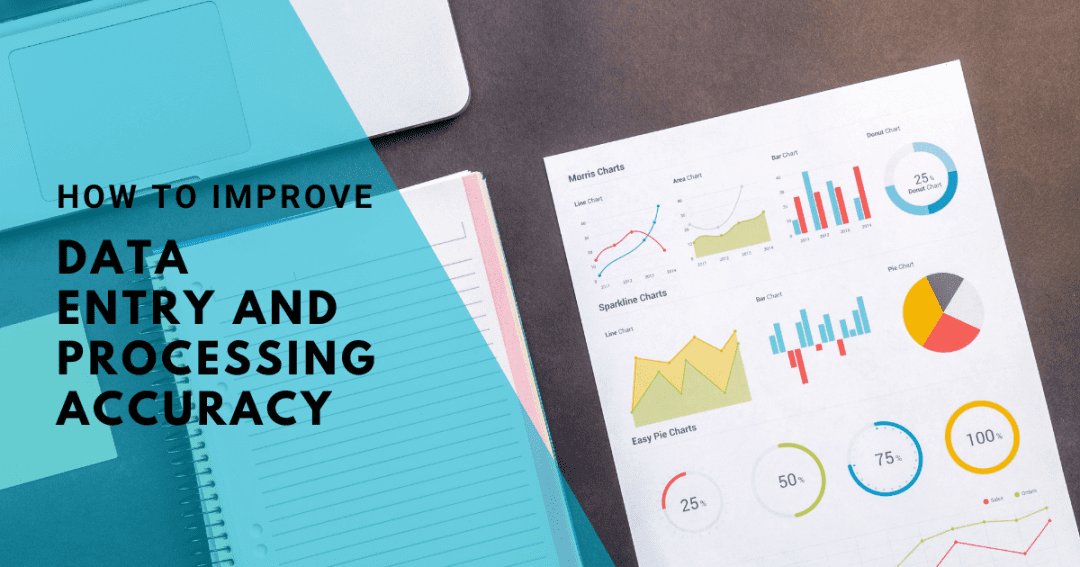Businesses increasingly rely on good quality data. It helps with everything from budget planning to managing customer relationships. Low quality data can lead to poor decisions, focusing on the wrong areas of the business and neglecting those areas that could lead to more profit. How you manage data entry and processing can have a huge effect on the success of your business.
What data is in your business?
‘Data entry’ might be a standard line in some of your job descriptions, but have you ever done a proper inventory of the range of data you use in your business? You might be surprised at the range of data you collect and hold, including:
- Customer details, including names, addresses, email address, phone number and payment details.
- Supplier details, including names and addresses, emails and phone numbers, and data from supplier due diligence, including accounts and credit references.
- Leads, opportunities and potential customers, often basic contact details
- Transactions, including dates, products or services bought, pricing, deals, discounts.
- Marketing and social media data, including followers, interactions, direct messages, clicks on links.
- Employee information, including personal contact details, bank account details and references.
- Process data, including any data collected as part of developing, manufacturing, designing and selling products or services.
- Financial, including all business account information, budgeting, margins, business loans and partnership funds
It’s easy to see from this list that even basic data entry accuracy is important, and that you can do a lot with the data you hold in order to influence, manage and measure decisions within your business. So how can you ensure that you have control over the accuracy and security of your data?
Set data quality as part of your quality system
Even small businesses need to design and implement quality standards. The processes for adding, controlling and protecting your data should be part of this. You can identify the roles responsible for data entry and data processing, and define the systems they should be using to collect the data. Your data processes and policies should be reviewed regularly.
Review your current data processes
If you have been managing your data ‘as you go along’, it might be worth getting a third party to review your current processes and systems to see where any gaps might be and to give you advice on where and how you could improve. For example, talk to a data entry professional or outsourcing company who can take an impartial view and give you recommendations that can help you improve.
Make sure you are collecting data accurately
It’s not just how you enter the data onto your systems – it’s how you collect it in the first place. Whether you are gathering data on customers, suppliers or employees, make your forms or online collection points as straightforward as possible. If you are merging data from other databases or documents, run checks to de-duplicate entries or to find errors.
Consider outsourcing data entry
As your business grows, it can be difficult to keep on top of data collection and entry. If you’re not ready to hire a data specialist or establish a data team, you might want to consider outsourcing your data entry and processing to a virtual agency. With their own strict quality and data protection strategies, you can be confident that your data is in safe hands.
Invest in better systems
If your business is still managing its critical data entry and processing in spreadsheets, it might be time to invest in an automated system that will give you clear reports, work alongside your other systems and streamline your processes. From accounting software to customer relationship management systems, these can help you to run your business more efficiently – and with the benefit of accurate, up-to-date data.
If you’re short on time and need help with managing your data administration and management, feel free to call us on 0800 994 9016 or use our contact form in the menu above.

